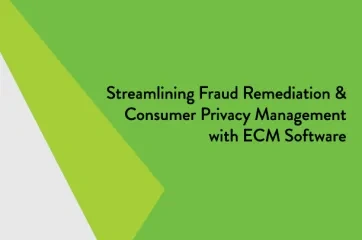Software Development Kit (SDK)
SDK stands for Software Development Kit. It's a set of tools, libraries, documentation, and sample code provided by software companies to help developers create applications (apps) for specific platforms, frameworks, or programming languages.
Tools and Libraries:
An SDK typically includes software development tools, such as compilers, debuggers, and build tools, as well as libraries that provide pre-written code for common functions and tasks.
Documentation:
SDKs come with comprehensive documentation that explains how to use the tools and libraries effectively. This documentation includes guides, tutorials, reference materials, and examples to help developers understand the SDK's capabilities and integration requirements.
Sample Code:
SDKs often include sample code snippets or complete sample projects that demonstrate how to implement various features or use cases with the SDK. Developers can use these samples as templates or starting points for their own applications.
Compatibility:
SDKs are designed to be compatible with specific platforms, frameworks, or programming languages. For example, there are SDKs for mobile app development (iOS SDK, Android SDK), web development (JavaScript SDKs), cloud services (AWS SDK, Azure SDK), and more.
Integration:
SDKs facilitate integration of third-party services or functionalities into applications. For instance, social media platforms provide SDKs that allow developers to incorporate social sharing, login, or analytics features into their apps.
Updates and Support:
SDK providers often release updates to improve functionality, security, or compatibility with new platform versions. They also offer technical support to help developers resolve issues and optimize their use of the SDK.
Overall, SDKs play a crucial role in accelerating software development by providing developers with the necessary tools, resources, and guidance to efficiently create applications that leverage specific technologies or services.














